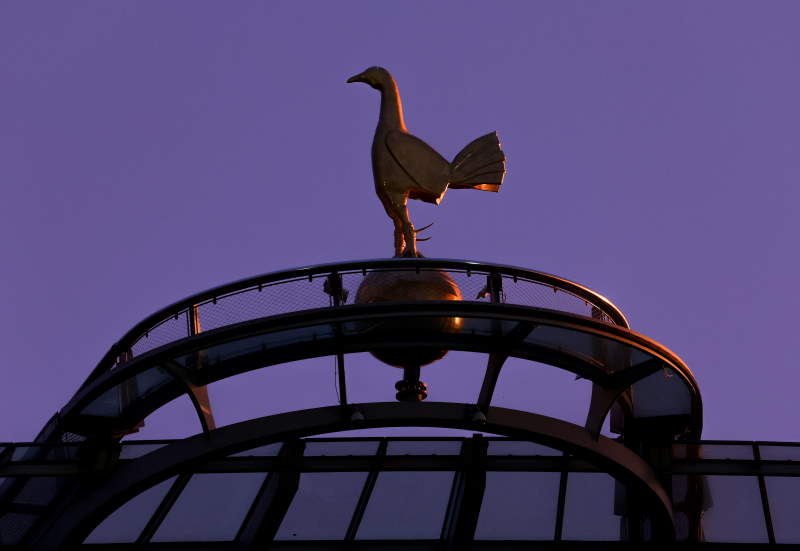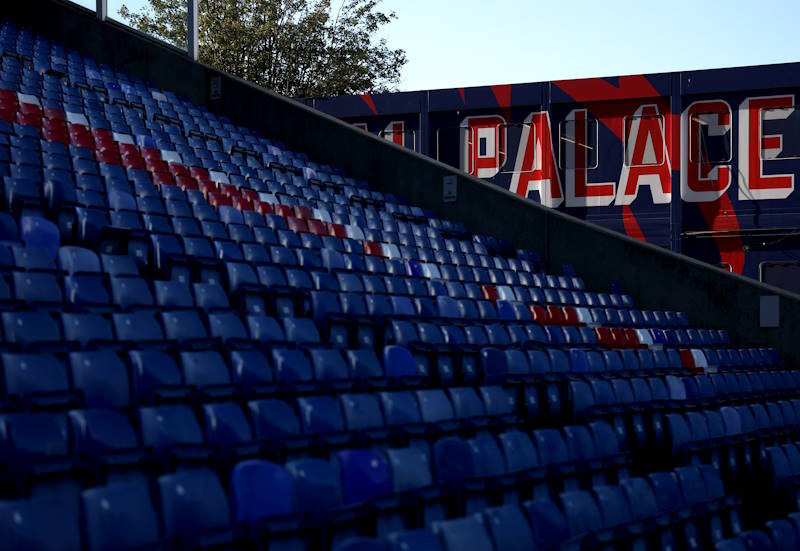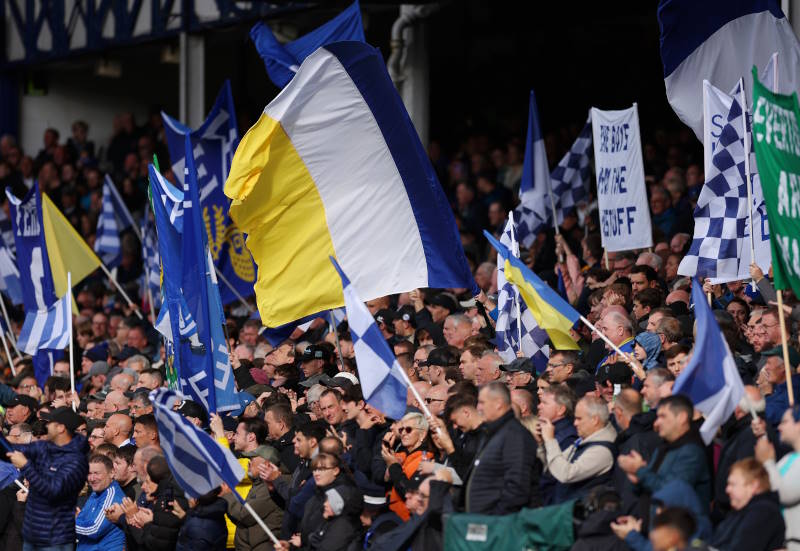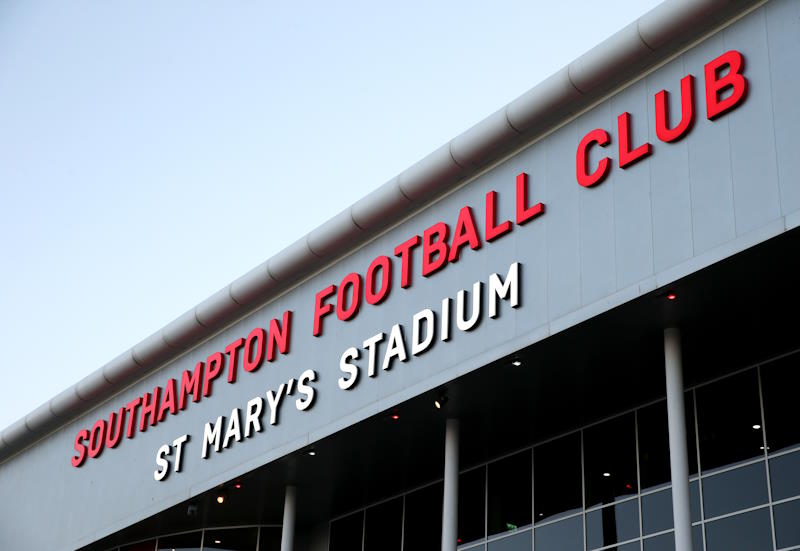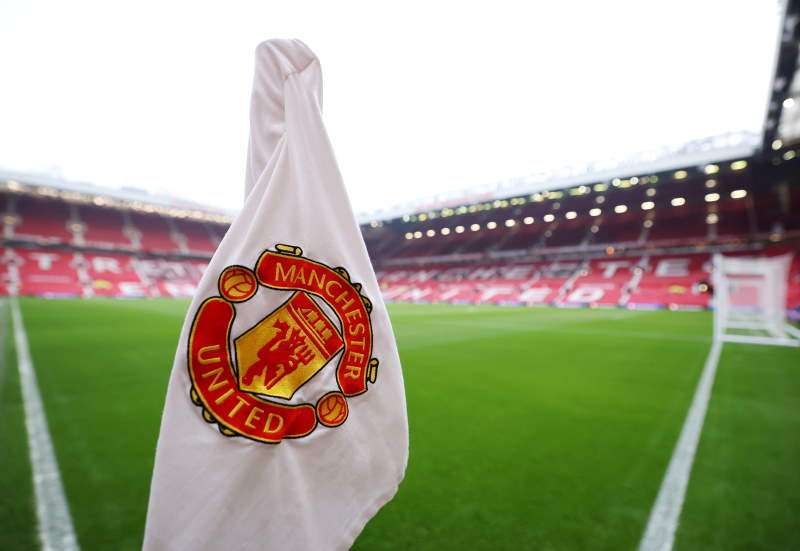
Phillip Buckley
Nelson Mandela may not have been well enough to hand over the World Cup trophy to Iker Casilas, but his shadow loomed large over the entire tournament. It therefore seemed fitting, that a team which tried to make the game of football better, just as Mandela sought to make South Africa better, should triumph. If the Bafana Bafana were not to achieve the impossible, then Spain were surely the next best choice. As the World Cup win caused Basques and Catalans to embrace and forget their differences and come together, it was hard not to see Mandela’s spirit at work on the streets of Spain. The great man may be 91 years old, but his values and dreams are as relevant today as they ever were, and Spain put them into practice on the lush grass of Johannesburg.
Overall, few can have too many complaints about Spain winning their first World Cup. True enough, the Spanish did not hit top gear as often as evidenced over the past 18 months, but in the main this can be put down to nerves. From the moment their plane touched down in South Africa the Spanish carried a heavy burden. Everyone knew Vicente del Bosque’s men were favourites. This wasn’t like Euro 2008. Spain expected. And this expectation filtered through to the players who at times seemed to feel that weight.
Holland felt the weight of expectation too. Surely we can’t lose again came the cry from Amsterdam. Still fresh, still an open wound, two World Cup final defeats unanswered. But this team, this unlikely mix of ageing internationals, Eredivisie stalwarts, and the odd true star, promised to do what the class of 1998, the creme de la creme of Dutch football, could not. If Holland thought getting to the final was the hard part, they had not reckoned on facing a team who would not be bullied, knocked off their stride, or dictated to. If Holland didn’t want to play open, attractive and expansive football, then Spain cared not a jot. The Spanish had put their faith in football, in its purest form, wavering from that belief was never, even when defeated by Switzerland in their opening game, ever considered.
From the first whistle at Soccer City, Bert van Marwijk’s plan was clear. The Dutch would not allow Spain time or space. Pressing, and a good deal of physical play, was the order of the evening. English referee Howard Webb, was instantly aware to the danger of the match degenerating into a kicking fest. Webb dished out yellow card after yellow card, and if anything could have sent two Oranje stars in Mark van Bommel and Nigel de Jong off in the first half alone. De Jong in particular, could have had few complaints if he had seen red, guilty as he was of a foot too high and too squarely into the chest of Xabi Alonso.
La Furia Roja were expected by some though, perhaps unfairly, to bring our their tika-taka football and simply pass Holland to death. That was always to underestimate Van Marwijk and his midfield wrecking boys Van Bommel and De Jong. The Dutch were a threat too and could have won the match in the 90 minutes. Arjen Robben, released to confront Casilas, was culpable of a one-on-one fluffing of some seriously well written lines. It was always on the break though, always there was an impression that an Oranje goal would be more of a surprise than one which bulged the back of Martin Stekelenburg’s net.
Openings were carved for David Villa, Joan Capdevila and Sergio Ramos, but with none taken there was always the chance that Holland could score. As the 90 minutes ended though, it was Spain who were on top, and with the momentum clearly with Del Bosque’s men, extra time was always heading one way. Credit must go to Dutch boss Van Marwijk, who sent on Rafael van der Vaart, withdrawing De Jong, and signalling his intention to try to win the game and not rely on the lottery of a penalty shoot-out. It is hard to have imagined Italy, Uruguay, or perhaps even a firmly pragmatic Brazil, doing the same. The Dutch gave their all, but momentum is a tough thing to stop at the best of times.
And then it happened. The world watched as a neat move played Andres Iniesta in. The ball, just angled from outside the area into it, hit with precision, found the Barcelona midfielder, it was controlled, he moved closer, and the shot was struck past Stekelenburg. As the net bulged, a balloon filled with the tension of 35 million Spaniards was popped. Iker Casilas cried. Spain don’t win World Cups. Or at least, they didn’t. Orange shirts streamed towards the assistant referee, offside a mere formality in their collective heads. In reality though, Iniesta was a good two yards onside. Earlier in the game, fresher in mind and body, the Dutch defence may have stepped out that bit more, but in extra time, with tired bodies, an opening was a certainty at some point.
If Euro 2008 was a dream for many Spaniards, now just a hazy memory that doesn’t quite seem real, this will be the cold bucket of water to wake them into the realisation that their side, their homegrown kids, who kicked balls around the hot streets of Madrid, Barcelona and Seville, stand on top of the world. No-one can touch them. Argentina, Brazil, Germany, Italy, La Furia Roja are now in that club. It’s a special one, and things will never quite be the same again.
This World Cup final may be remembered as a bad tempered game and Holland, with seven yellow cards and one red – for John Heitinga – can expect to be set about by the beautiful game brigade. But this was not the Holland of Johan Cruyff or even Dennis Bergkamp. Out-footballing Spain was never, ever, possible. The Oranje deserve praise for reaching the final as other big names stumbled along the way. They will be back. This country of 16 million people are schooled the right way. Arjen Robbens, Wesley Sneijders and Robin van Persies don’t grow by chance. The future is still bright, it’s still, if not exclusively, filled with much orange.
Spain though are worthy winners. Not producing the football of Euro 2008, this World Cup is a monkey off their back. The side is young and many play together at club level. What La Furia Roja can achieve is frightening. And one senses that somewhere in a dusty closet in Kyiv, a grumpy old janitor will soon be searching for some red ribbons, mindful of his duties in 2012.

